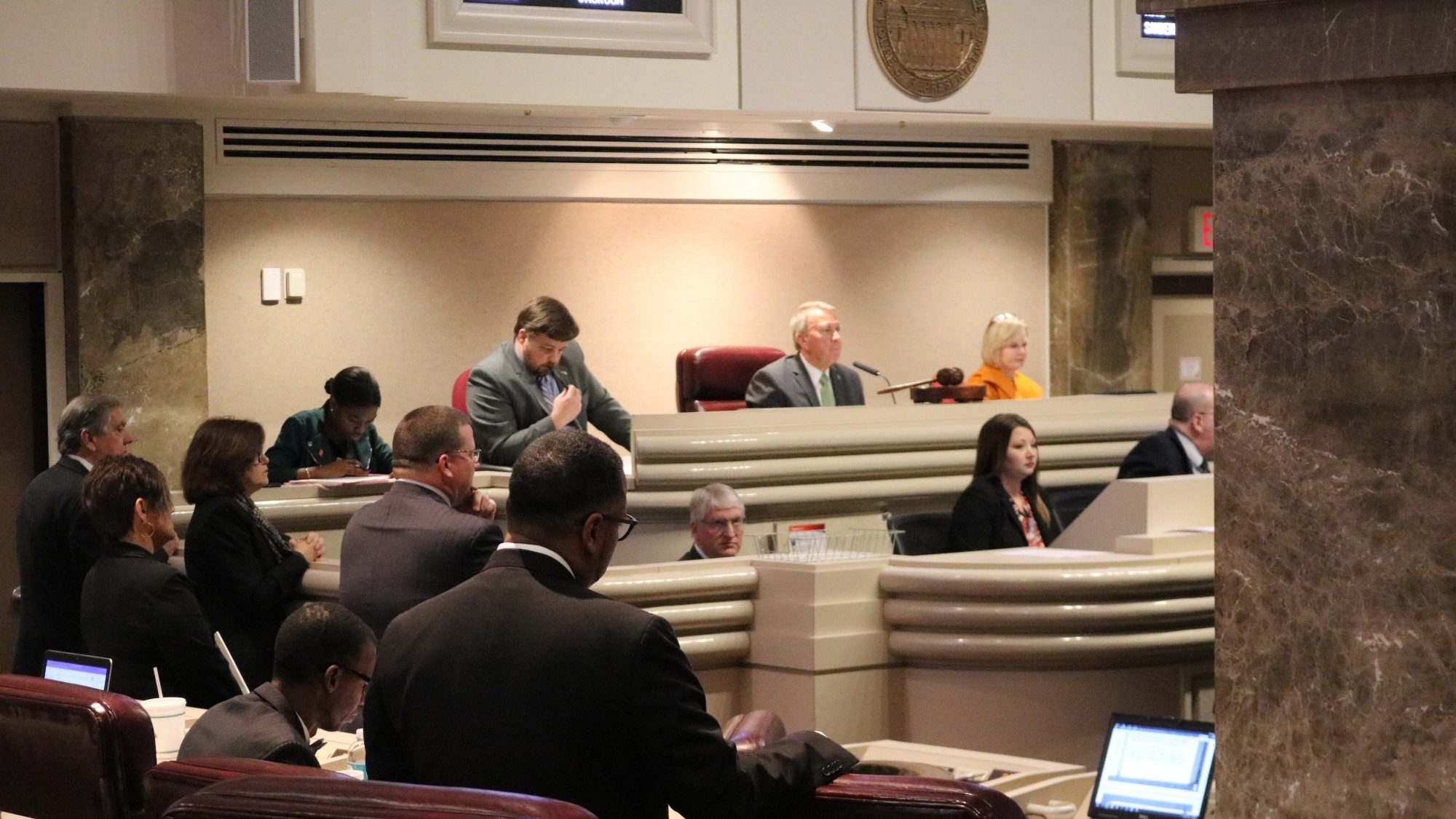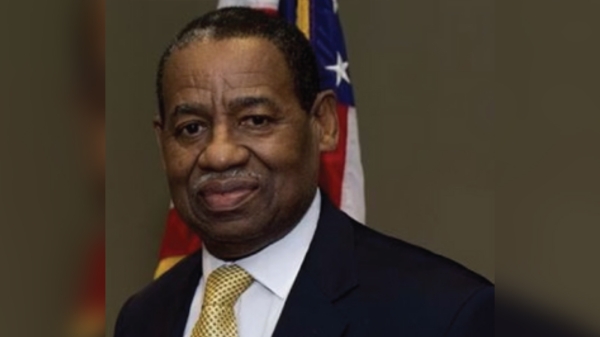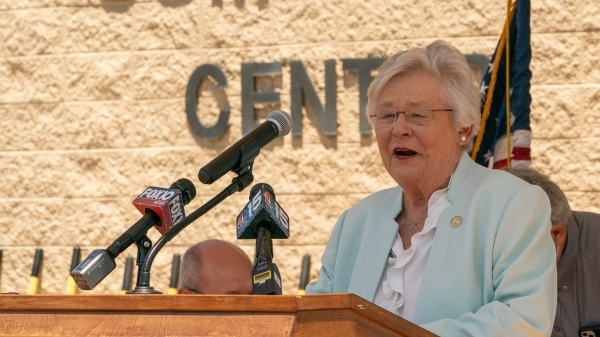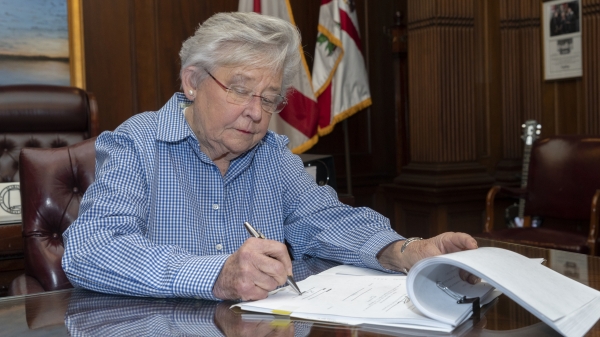Thursday, the Alabama House of Representatives passed a bill to ban female genital mutilation. While rare in the U.S., the practice is common in many African countries and parts of the Middle East. House Bill 252 is sponsored by state Rep. Rod Scott, D-Fairfield.
Scott said that the practices of female genital mutilation has been performed on over 200 million women and girls around the world. The girls are typically under the age of 19 when this extremely painful procedure is performed.
State Rep. Juandalynn Givan, D-Birmingham, asked, “Is this a problem in Alabama.”
Scott replied, “I am not aware of it happening here; but it has occurred in other states – in Ohio.
Rep. Thomas Jackson, D-Thomasville, wanted Scott to describe the process of what is involved in female genital mutilation.
Scott said, “I don’t want to go into too much detail, because we are being broadcast and I don’t know who is watching.”
Thomas asked, “Why is this done?”
Scott said. “They do it as a sexual control mechanism over women.”
Jackson said, “I was in the Sudan and young females are being mutilated in the Sudan.”
“It is a very pervasive medical procedure,” Scott said.
The highest practicing nation for female genital mutilation is Somalia.
Rep. Laura Hall, D-Huntsville, said, “This is a good bill; but it is a shame that it is never going to pass.”
Thursday was day 27 of the 2021 Alabama Regular Legislative Session and the last day that legislation can pass its house of origin and be acted on in the second house, in this case, the Alabama Senate.
“This bill would create the Dr. Groesbeck Parham Act to create the crime of female genital mutilation and provide criminal penalties for a violation.”
Givan asked who Dr. Groesbeck Parham is.
“He is a native of Fairfield Alabama,” Scott said. “His father was the first Black pharmacist in the history of Alabama.”
He is a gynecologist, whose specialty is cervical cancer prevention. He has a home in Fairfield and spends part of the year here and part of the year working in Africa, and he is my brother-in-law”
Givan said, “I don’t appreciate you naming bills after your friends.”
“He does not even know it is named after him,” Scott said. “He is currently working in Zambia.”
Scott explained that his brother-in-law sees the damage that it can do in his practice in Africa, and he is the one who made Scott aware of it.
The House passed HB252 98 to 0.
Alabama is one of eleven states where female genital mutilation remains illegal. Alabama and Mississippi are the only southern states that have not passed bans on the practice.
“That data translates into real children at perilous risk to the trauma and damage of female genital mutilation—and FGM truly is a form of child abuse,” says internationally renowned attorney and child welfare advocate Elizabeth Yore, who heads the group EndFGMToday. “We are urging the Alabama and Mississippi legislatures to help protect little girls from this painful and barbaric procedure.”
Alabama has a bill that was moving forward last year, but the COVID-19 crisis derailed the 2020 legislative session.
“Currently, 11 states in America do not have laws to prohibit female genital mutilation—and that’s 11 states too many,” Yore says. “Essentially, this means that nearly a quarter of our states are giving a legal pass to those who carry out and permit this brutal and unnecessary procedure on girls as young as the age of five.”
For SB252 to pass the legislature this year it faces a very difficult path. First, the Alabama Senate Rules Committee must assign it to a committee on Tuesday. That committee must meet and give it a favorable report before the Senate meets on Thursday. Then the Senate Rules Committee has to add it to the special order calendar for the next legislative day, which is the last day of the 2021 legislative session on May 17. Then the Senate would have to pass it before they adjourn that day trusting that Gov. Kay Ivey will sign it if the legislature sends it to her. Sponsors believe that SB252 will pass if only Senate leadership will prioritize it and get it to a vote on the Senate floor before the session ends.
Tuesday will be day 28 of the 2021 Legislative Session.




















































